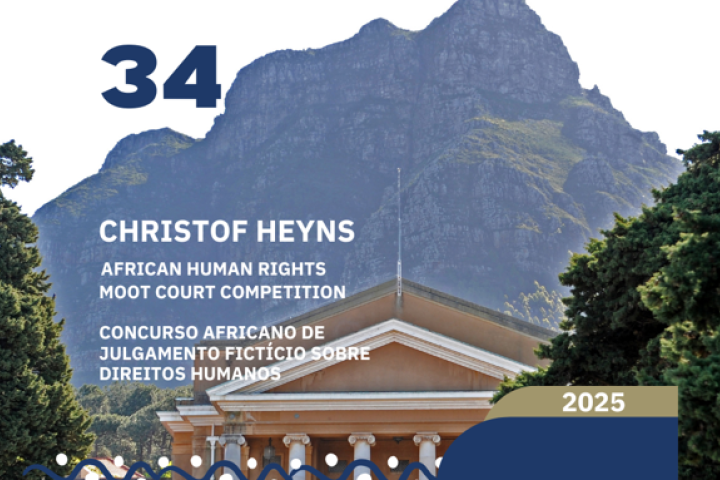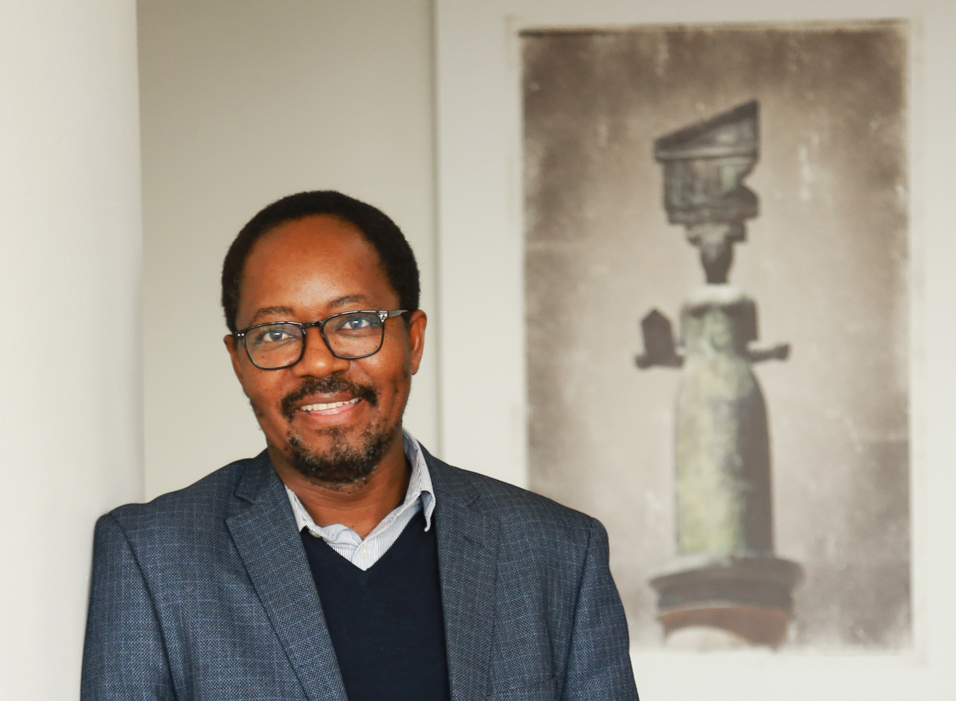UCT Law hosts over 70 universities in pan-African moot court competition

The 34th edition of the Christof Heyns African Human Moot Court Competition is being hosted by the University of Cape Town’s Faculty of Law from 29 June to 5 July 2025 in Cape Town, South Africa.
This African moot court competition is the largest gathering of students, academics and judges around the theme of human rights in Africa. As such, the competition is a remarkable opportunity not only for the development of legal advocacy skills, but also for knowledge development, skills-sharing and friendship-building between students from across the continent. The competition provides the key an annual opportunity for top students from African law schools to argue a hypothetical human rights case as if they were arguing before the African Court on Human and Peoples’ Rights.
One of the competition’s sustained impacts is the preparation of new generations of lawyers to argue cases of alleged human rights violations before the African Court. The competition has also been a catalyst in establishing leading programmes in human rights teaching and research on the continent. For this 34th edition of the Christof Heyns African Human Moot Court Competition, the hypothetical case tackles issues on migration and human rights, statelessness, and civil and political rights.
Dean of UCT’s Faculty of Law, Professor Danwood Chirwa, shared his enthusiasm about the University of Cape Town serving as competition host for the first time:

This competition has a long and very well-established history, and we are excited about being part of this great tradition. We join the list of previous host universities – in Ghana, Eqypt, Benin, Mozambique, Mauritius and South Africa, amongst so many other countries – in hosting this 34th Christof Heyns African Human Rights Moot Court Competition.
In 2024, the 33rd edition was hosted by the University of Rwanda in Kigali, Rwanda. 61 teams from 18 African countries participated in 2024. Since its inception in 1992, the competition has been held each year in English, French and Portuguese, with more than 183 universities from 47 African countries have taken part in the competition – now a permanent fixture on the Africa legal education calendar.